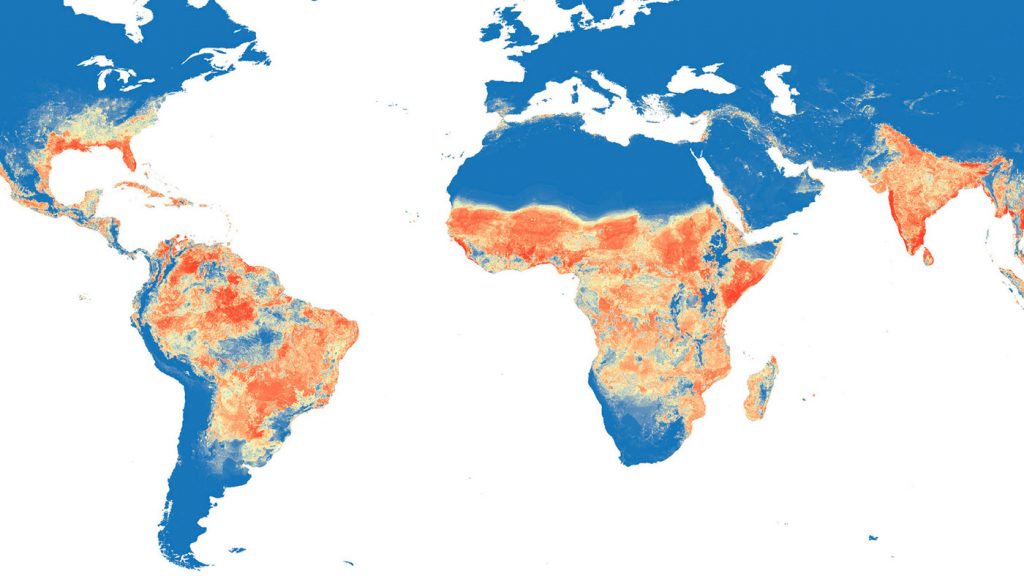Q&A: Zika
 Is Zika still an issue or am I OK to travel to South America?Your chances of getting Zika in South America are very slim. Using data from the European Centre for Disease Prevention and Control, the gambling website casino.org calculated the chances of getting Zika as 1 in 250,000 for a tourist going to the Rio Games - compared to the chance of being struck by lightning of 1 in 175,000. What’s more, you’re fine in Chile; the Aedes mosquito that carries the virus doesn’t exist there - nor in northern Europe, so we’re unlikely to see a mass outbreak in the UK.And avoiding South America isn’t necessarily going to help because Zika has now been found in mosquitoes as far afield as Florida, Fiji and Singapore. Of the 244* cases confirmed in the UK, the vast majority were contracted by travellers to the Caribbean. Around 60 global destinations* are now considered high risk by the Foreign Office, and pregnant women are advised to avoid these because Zika can cause microcephaly and other potential birth defects.For the rest of us, the World Health Organisation says to cover up, wear a repellent containing DEET
Is Zika still an issue or am I OK to travel to South America?Your chances of getting Zika in South America are very slim. Using data from the European Centre for Disease Prevention and Control, the gambling website casino.org calculated the chances of getting Zika as 1 in 250,000 for a tourist going to the Rio Games - compared to the chance of being struck by lightning of 1 in 175,000. What’s more, you’re fine in Chile; the Aedes mosquito that carries the virus doesn’t exist there - nor in northern Europe, so we’re unlikely to see a mass outbreak in the UK.And avoiding South America isn’t necessarily going to help because Zika has now been found in mosquitoes as far afield as Florida, Fiji and Singapore. Of the 244* cases confirmed in the UK, the vast majority were contracted by travellers to the Caribbean. Around 60 global destinations* are now considered high risk by the Foreign Office, and pregnant women are advised to avoid these because Zika can cause microcephaly and other potential birth defects.For the rest of us, the World Health Organisation says to cover up, wear a repellent containing DEET

